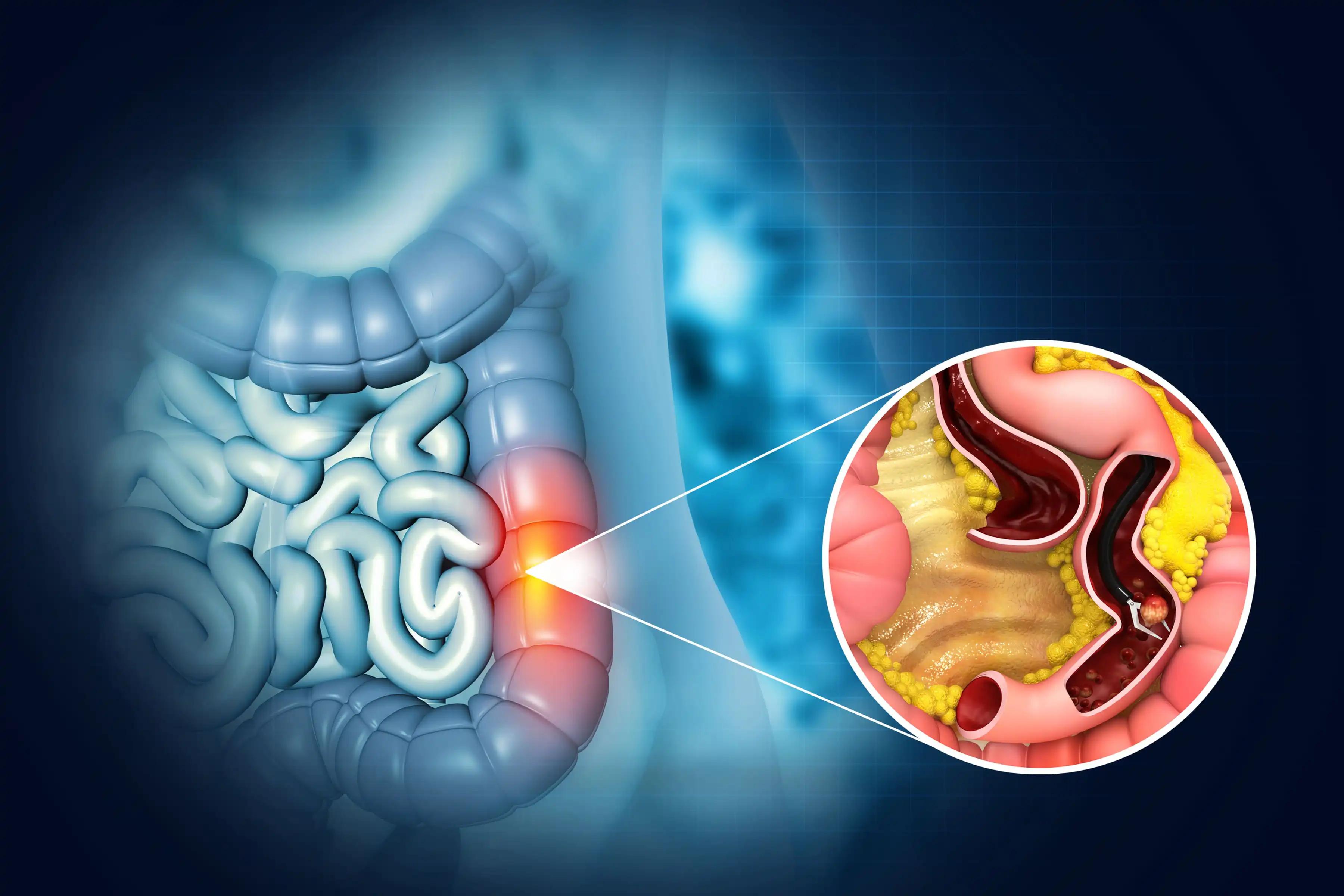KEY TAKEAWAYS
- The study aimed to investigate the synergistic effects of combining rapamycin and rMETase against CRC cells versus normal fibroblasts in vitro.
- Researchers noticed a cancer-specific synergistic effect of Rapamycin and rMETase combination against CRC cells, indicating its potential as an effective targeted therapy.
Rapamycin and recombinant methioninase (rMETase) have emerged as promising agents for targeting cancer cells including colorectal cancer (CRC) cells . While rapamycin inhibits cancer-cell growth by targeting the mTOR protein kinase, rMETase exploits cancer cells’ addiction to methionine, thus enhancing the efficacy of chemotherapy drugs.
Daniel Ardjmand and the team aimed to assess and investigate the potential synergy between rapamycin and rMETase in combination therapy against CRC cells compared to normal fibroblasts in vitro setting.
Researchers performed an inclusive analysis to determine the half-maximal inhibitory concentrations (IC50) of rapamycin and rMETase alone against the HCT-116 human CRC cell line and Hs-27 human fibroblasts using the CCK-8 Cell Viability Assay. After calculating the IC50 of each drug, the efficacy of rapamycin and rMETase combined on both HCT-116 and Hs-27 was determined.
The Hs-27 normal fibroblasts exhibited greater rapamycin sensitivity than HCT-116 colon cancer cells (IC50=0.37 nM and IC50=1.38 nM, respectively). Besides, HCT-116 cells showed increased sensitivity to rMETase compared to Hs-27 cells (IC50 0.39 U/ml and IC50 0.96 U/ml, respectively). Combining rapamycin (IC50=0.37 nM) and rMETase (IC50=0.96 U/ml) had a similar effect on Hs-27 cell viability as when the drugs were used separately. However, the combination of rapamycin (IC50=1.38 nM) and rMETase (IC50=0.39 U/ml) significantly reduced cancer-cell viability in HCT-116 cells compared to individual drug treatments.
The study concluded that the combination of Rapamycin and rMETase demonstrates a cancer-specific synergistic effect against CRC cells without affecting normal fibroblasts in vitro, indicating its potential as an effective targeted therapy for cancer.
This study received funding from the Robert M Hoffman Foundation for Cancer Research.
Source: https://pubmed.ncbi.nlm.nih.gov/38423628/
Ardjmand D, Kubota Y, Sato M, et al. (2024). “Selective Synergy of Rapamycin Combined With Methioninase on Cancer Cells Compared to Normal Cells.” Anticancer Res. 2024 Mar;44(3):929-933. doi: 10.21873/anticanres.16887. PMID: 38423628.



